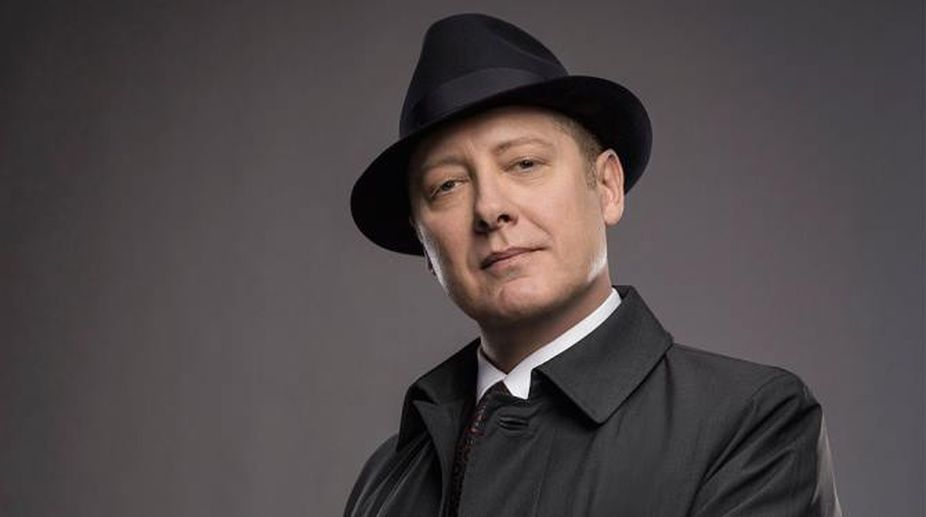‘The Blacklist’ star declares her character won’t carry rifle
Actress Megan Boone has announced that her character in the hit TV series “The Blacklist” will no longer carry a…

James Spader (Photo: Facebook)
James Spader shot into international acclaim after playing a voyeur in Steven Soderbergh’s path-breaking film, Sex,Lies and Videotape (1989). The performance earned him the Best Actor award at the Cannes Film Festival and led to bigger and more varied roles, most recently as Ultron in Avengers: Age of Ultron. His best known role is that of the colourful attorney Alan Shore on the David E Kelley television series, The Practice (1997) and its spin-off Boston Legal (2004). Now, the 57-year-old Spader is garnering praise for playing Raymond “Red” Reddington in The Blacklist.
I choose the best possible things to work on so that it mitigates the shame that I’m doing it for the money! I dropped out of high school to be a gangster or a private detective or a pirate or something but those things didn’t pan out well. I did lots of odd jobs, manual labour and things. It turns out that acting seems to have more of a future for me at least, so I continued with it. I enjoy it. I love stories and always have. It’s probably what kept me going. I love to read a great deal and I like to write just for myself and I like to pretend! And then unbeknownst to me, acting turned into a career. And I was paying bills with it.
I’ve never been aware in any shape or form of other people’s perception of anything that I’ve done. I tend to live in a bit of a vacuum in terms of that. I don’t live a life of events or where I’m faced with people. There has never been any design in terms of what I’ve taken up — I’m not a very good planner. It really has been that when I need to work, I find the best possible thing to work on. I like strange and eccentric things in life and that has been sort of my taste with work too —odd and curious.
Advertisement
First, it was the best thing I read at the time! It was going to film in New York City and I was looking for something that was going to move me back there. I lived there for a certain number of years and then I moved to Los Angeles for more exposure and I was anxious to come back to New York again. The whole time I was living in LA, I was looking for work in New York.
If you’re going to commit to a television show, it’s a big commitment. It is a big meal! Also, I was looking for something that can sustain. It was funny, serious, incredibly emotional and sometimes just silly! It was just a constantly changing thing. It was quite fun to work because of that. That was a show called Boston Legal. I’d done that for six or seven years. I wanted something that had that sort of fluidity and material.
And The Blacklist came along and sometimes this character is startling and scary and sometimes, very funny. It seemed like such a strange show for broadcast network as well. It intrigued me because I’m drawn to things that are out-of-place. It didn’t seem like we’d have to repeat the stories. You spend the entire pilot with this guy and you know less about him than you did at the beginning. I thought that’s a good sign! So, what the hell…here we are! And it’s still going on.
Reddington’s relationship with Dembe is so in sync. He is his better half. And all fingers point towards that as being in the guilty direction, you know. I think Reddington just wants to find him because he can’t fathom how that could be. If that is the case, he wants to know how that can be.
It’s such a balance on this show…you can’t just string an audience along forever and expect them to be patient and still compelled. You must give them things. What you hope is that as you give them things, they become hungrier for other things and hungrier for more. I think we’ve been fairly successful at that. You’ve also got to keep some stories on the shelf. You can’t keep pursuing one story otherwise you’re going to reach the end of that story. You have to have the ability to keep the story on the shelf for a while and go off, some fun!
Advertisement